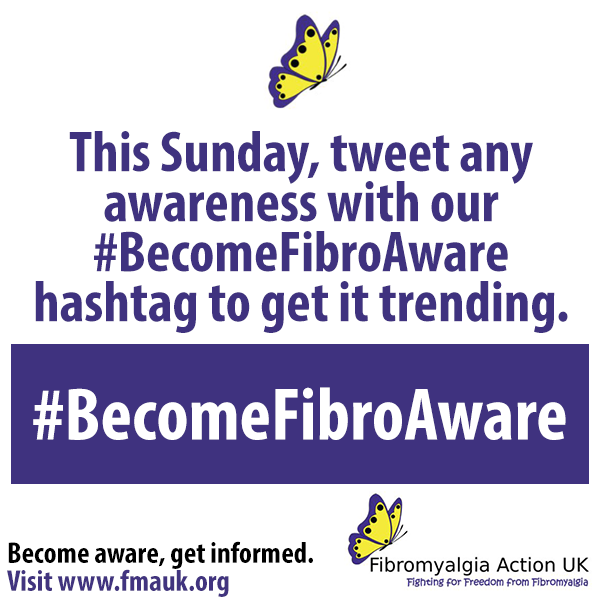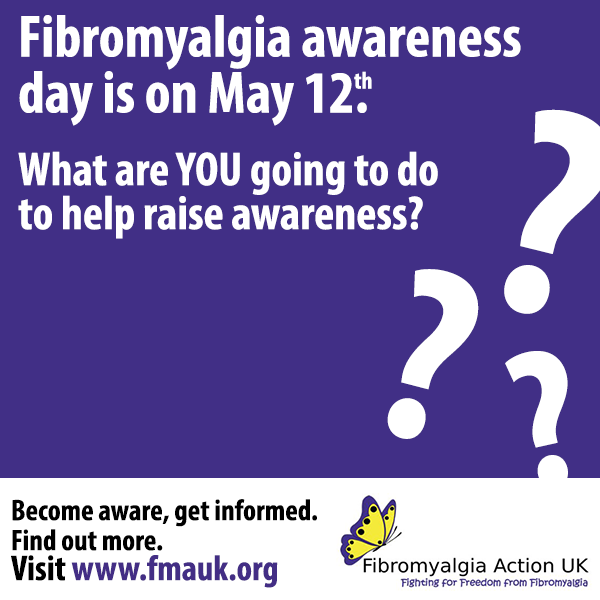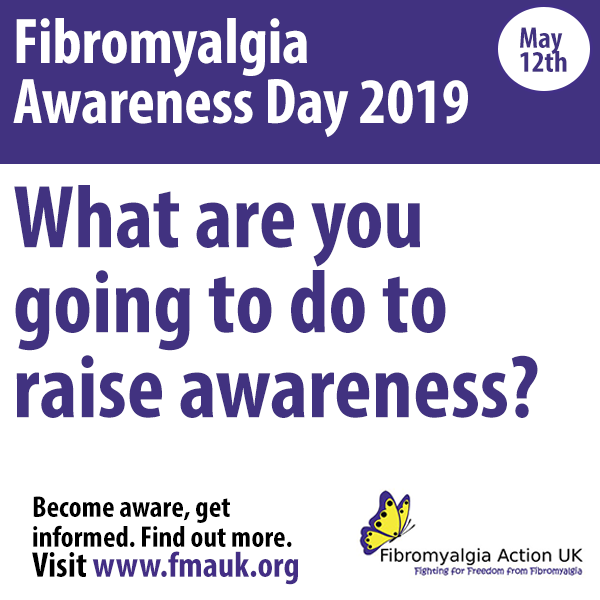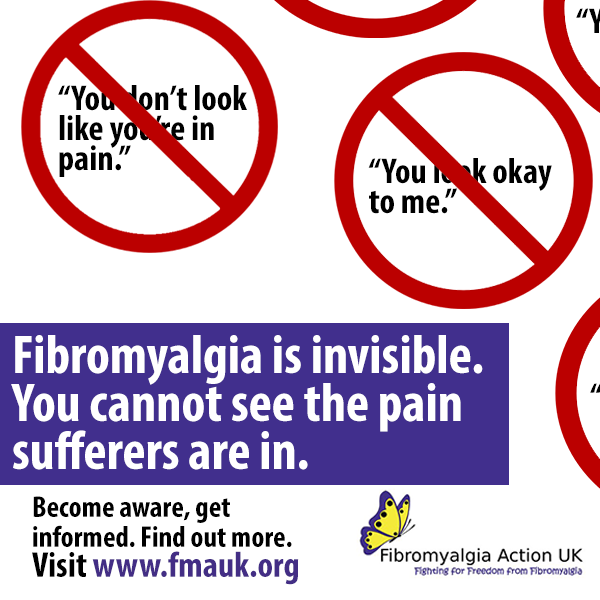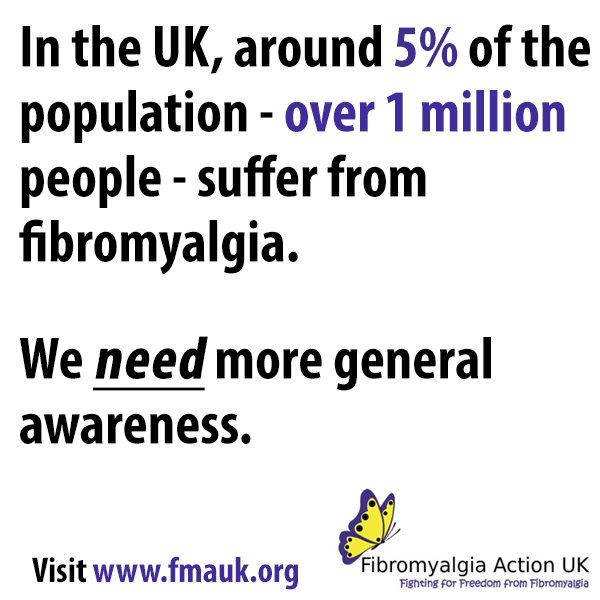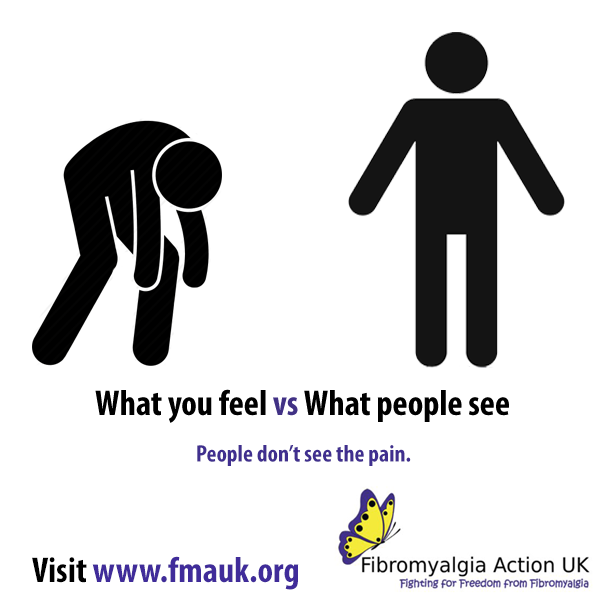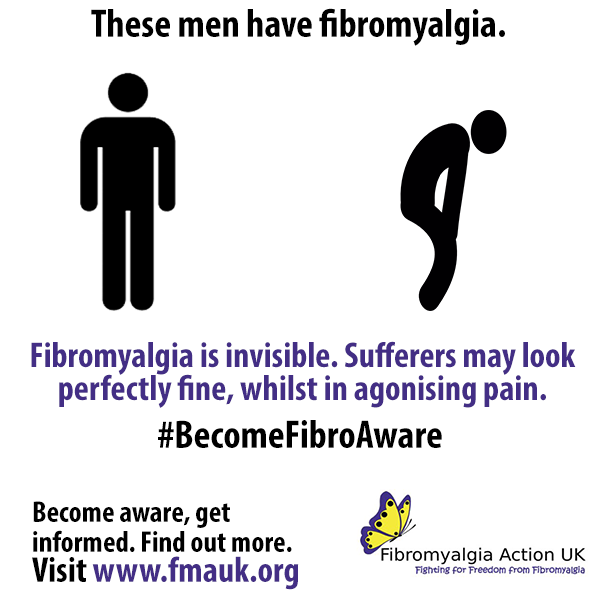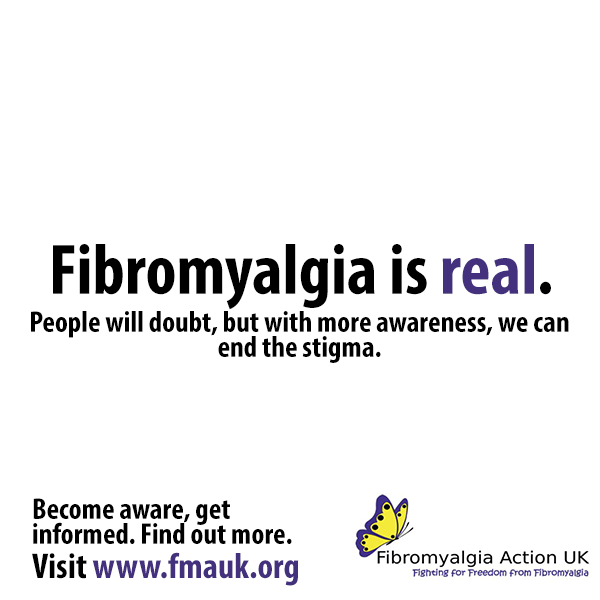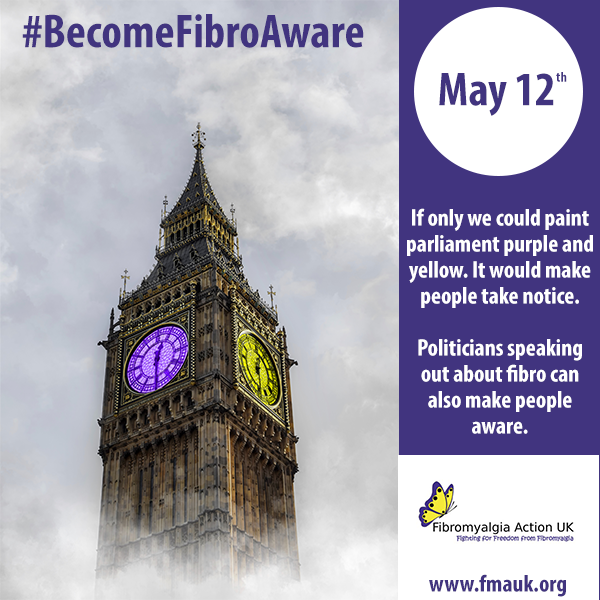Each year, May 12th is recognised as international fibromyalgia awareness day and the international awareness day for other chronic immunological and neurological conditions, including myalgic encephalomyelitis (ME) and chronic fatigue syndrome (CFS).
Fibromyalgia Action UK’s theme for 2019 is ‘#BecomeFibroAware’, building on the 2019 campaign of raising awareness of fibromyalgia among all members of society – from politicians to general practitioners, carers and everyone in between.
May 12th is significant since this coincides with the birth of the mother of modern nursing, Florence Nightingale, who became chronically ill in her mid-thirties with fibromyalgia-like symptoms. The awareness campaign now takes place every year on May 12th, and in the UK, Fibromyalgia Action UK along with other groups aims to raise awareness of fibromyalgia and the impact it has on the lives of so many people.
What is fibromyalgia?
Fibromyalgia is a chronic, long-term condition involving widespread pain, a heightened pain response, and overwhelming fatigue. The name fibromyalgia is derived from Latin: fibro for fibrous tissues such as tendons and ligaments; my for muscles; and algia for pain.
The severity, location and duration of pain varies for each person and between groups of people. The fatigue ranges from feeling tired to complete exhaustion. This may come and go, and people can suddenly feel drained of all energy, a bit like “pulling the plug”!
Besides pain and fatigue, fibromyalgia symptoms often include:
- Un-refreshing sleep, waking up tired and stiff;
- Cognitive disturbances, including a lack of concentration, temporary memory impairment and mixing up words, also known as “brain fog”;
- Clumsiness and dizziness;
- Headaches, ranging from ordinary types to migraines;
- Irritable bowel syndrome, alternating between diarrhoea and constipation, sometimes accompanied by nausea and abdominal gas;
- Sensitivity to changes in the weather and to noise, lights, smoke and other environmental factors.
Fibromyalgia is more common than you may think
To the surprise of many, fibromyalgia is a common condition, though few people are aware of it. A Europe survey of five counties estimated that 2.9% to 4.7% of Europeans were living with fibromyalgia. In the UK, this equates to around 1 in 20 people. We also know that as many as 3 out of 4 people with fibromyalgia may either be undiagnosed or misdiagnosed with another condition, so it is likely that the number of people with fibromyalgia is even greater.
Diagnosing fibromyalgia is not straight forward
Although fibromyalgia is not a new condition, it is difficult to diagnose because it cannot be identified by standard laboratory tests and investigations. Moreover, many of the signs and symptoms of fibromyalgia are found in other conditions, such as ME and rheumatoid arthritis. These conditions are often excluded first before a fibromyalgia diagnosis is made.
However, for fibromyalgia to be diagnosed, certain criteria must be met. Multisite pain is defined as a simple count of the number of body sites with pain. According to the AAPT Diagnostic Criteria for Fibromyalgia published in 2018, this includes:
- Multisite pain defined as six or more pain sites from a total of nine possible sites (see the below image);
- Moderate to severe sleep problems OR fatigue;
- Multisite pain plus fatigue or sleep problems must have been present for at least three months.

The presence of another pain disorder or related symptoms does not rule out a diagnosis of fibromyalgia. However, a clinical assessment is recommended to evaluate for any condition that could fully account for symptoms or contribute to the severity of the symptoms.
Treating fibromyalgia is equally as difficult
Current treatment for fibromyalgia attempts to treat the symptoms of the condition, rather than the condition itself, as not enough is known about the underlying mechanisms that cause the condition. Treatment largely aims to reduce pain and improve sleep, leaving people to experiment with different self-management techniques to ease symptoms. A combination of heat, rest, exercise, relaxation techniques and measures to reduce stress can enable some people with fibromyalgia to maintain a productive life. Healthcare professionals may refer people to a physiotherapist or occupational therapist for further treatment and advice. People are sometimes referred to a pain clinic, which may not take the pain away, but it can help lessen the impact on daily life. Since pain can affect your mood and behaviour, psychological support may be useful. Therapies such as cognitive behavioural therapy (CBT) have been helpful for some people with fibromyalgia.
With fibromyalgia, there are certainly good and bad days. On a good day, it is easy to overdo things, which may simply make matters worse. We often feel guilty for taking time out to rest, but it’s essential that we listen to our bodies. I’ve learned this the hard way – by doing too much, and not prioritising my own health first!
Introducing Fibromyalgia Action UK
Fibromyalgia Action UK is a registered charity in the UK working to improve the lives of people with fibromyalgia by increasing awareness of the condition, improving access to fibromyalgia treatments and providing support to people living with fibromyalgia and their families. In addition, Fibromyalgia Action UK provides medical information for professionals, operates a national helpline, manages an online support forum and links up to a UK-wide system of support groups working at local and regional levels. I’ve now been on the board of trustees for Fibromyalgia Action UK for nearly three years, committed to improving the awareness and support available for people living with fibromyalgia across the UK, as well as improving access to research opportunities and pushing for further research into fibromyalgia.
Support is available
Fibromyalgia Action UK operates a national helpline for people living with fibromyalgia (0300 999 3333). The charity also operates a benefits helpline (0300 999 0055). There’s lots of useful information on Fibromyalgia Action UK’s website, including patient information booklets and medical packs for healthcare professionals. In addition, Fibromyalgia Action UK has several local support groups around the UK. The charity’s regional coordinators can help to put you in touch with a group nearest to you. Simply visit support groups on the Fibromyalgia Action UK site, select the Regional Coordinator for your area and send a message including your post code.
Get involved in raising awareness
Share what you are doing to celebrate, as well as general awareness about fibromyalgia on social media. Don’t forget to use the hashtags #BecomeFibroAware and #FibromyalgiaAwarenessDay!
